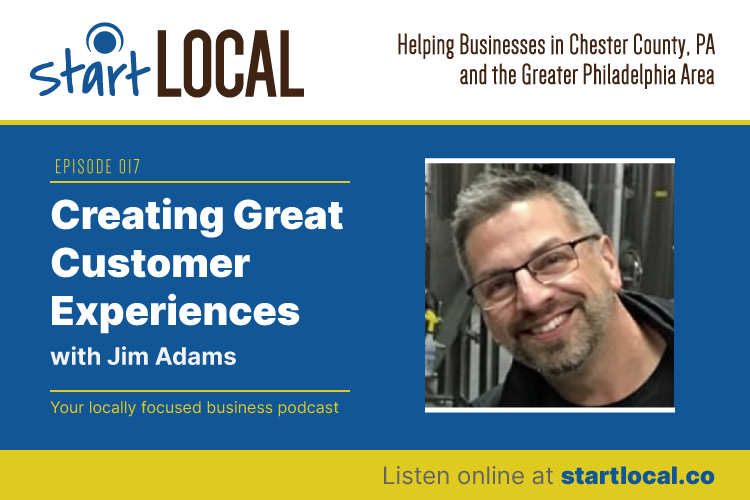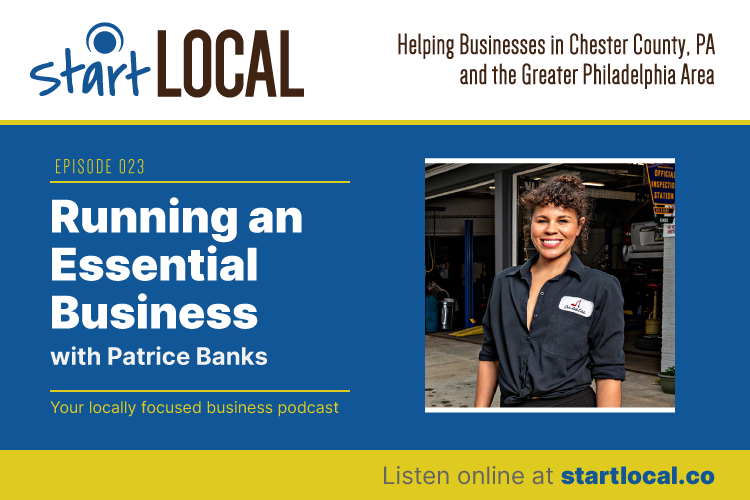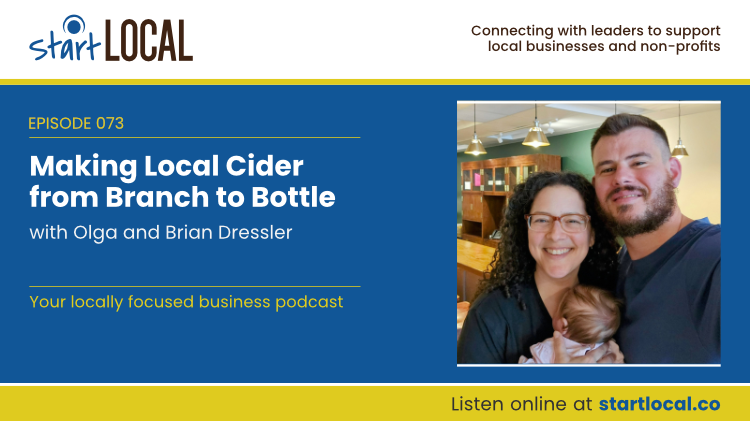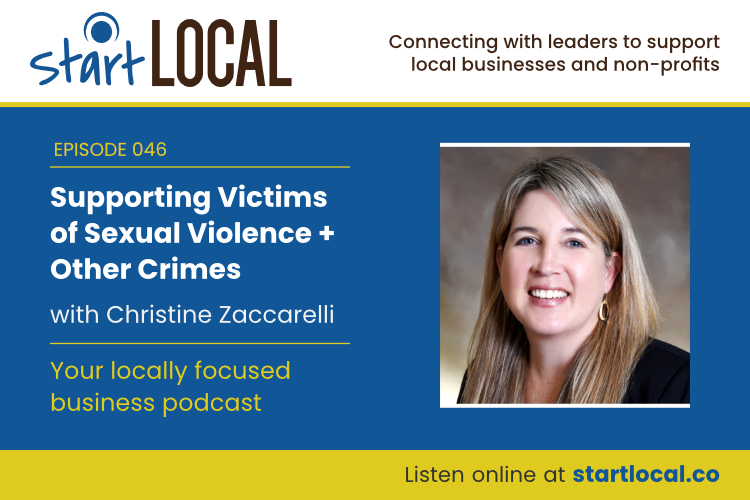
Podcast published: August 28, 2020
With restaurants, bars, and taprooms reopening across the State of Pennsylvania, we caught up with Jim Adams to chat about what he and his team at Levante Brewing Company are doing to navigate the COVID-19 economy. Jim Adams is a co-founder and co-owner of Levante Brewing Company. Within the company, Jim focuses on the customer experience for the West Chester based brewing company.
Links
- Levante Brewing
- levantebrewing.com
- Facebook: facebook.com/levantebrewing
- Twitter: @levantebrewing
- Instagram: @levantebrewing
- Levante Stables
- Facebook: @levantestables
- Twitter: @levantestables
- ReVIBEseltzer
- Facebook: facebook.com/revibeseltzer
- Instagram: @revibeseltzer
- Black is Beautiful imperial stout: levantebrewing.com/collections/buy-cans-online/products/black-is-beautiful-imperial-stout
Notes
What is Mercury at Levante Brewing Company?
- Mercury is Levante Brewing Company’s system for shipping beer and products anywhere in the State of PA; the company is licensed to ship beer anywhere in the state.
- By and large, Mercury relies on UPS to deliver any product within 3 days.
- For local order (within 10-12 miles of the brewery), Levante Brewing Company delivers those itself.
- Mercury was launched in 2019 – well ahead of COVID-19.
- When COVID-19 lockdown orders happened, Mercury became a hugely popular and commercially successful system.
- Levante Brewing Company pays a lot of attention to the presentation of its beer delivers:
- Every beer delivery contains a letter from the staffer who packed the beer into the box.
- Levante Brewing Company sends stickers and other bits of swag.
- The company gets positive feedback over social media from the attention it gives to presentation.
What was your collaboration with Weathered Souls Brewery?
- In light of growing demands for social justice, the Weathered Souls brewery publicly shared a base recipe for an imperial stout called Black is Beautiful. Weathered Souls invited other craft brewers to brew their own versions and to donate 100% of proceeds from the sales of the Black is Beautiful imperial stout to organizations that to support Black Lives Matter, under privileged or underrepresented people of color.
- In PA, 25 or 26 craft breweries supported the campaign, all using the same base recipe, packaging, and artwork.
- Levante Brewing Company supported the campaign because it was the right thing to do.
- The brewery donated the proceeds from the sale of Black is Beautiful to the Juvenile Law Center.
- Levante Brewing Company produced its version of Black is Beautiful about 3 to 4 weeks after making the decision to support the campaign.
- A base recipe is exactly that – a listing of ingredients and the process of making the beer. Breweries were invited to do something different or add something special to the base recipe to make it unique to that brewery.
How has Levante Brewing Company approached re-opening its taprooms?
- After the initial shock of lockdown orders – which immediately closed the taprooms – Levante Brewing Company was able to bring people back quickly by pivoting to a curbside format at the West Chester brewery.
- With Mercury becoming very popular, the brewing company’s delivery service took off, which enabled the company to bringing back more staff. This service is still very popular.
- Levante Brewing Company has not yet opened either of its taprooms; they only operate curbside sales. Levante Brewing Company chooses this route to keep its staff safe.
- The popularity of its curbside service and Mercury has allowed the company not to re-open its taprooms as it is still profitable.
- The company shifted its focus away from wholesale and kegs. It now packages 100% of its beer in cans. This supports both wholesalers and bars and restaurants.
- The West Chester tap room (called “Carter”) has been converted into a fulfillment center. There is no room for customers.
- With the Stables in Eagle, Levante Brewing Company did not open because of concerns over the optics of having 200 people gathering in a single place.
- The company takes colder weather into its planning. Levante Brewing Company does not offer food, so it is reluctant to bring staff on for summer months only.
- The key factor of Levante Brewing Company’s approach is safety over profits.
- The brewery will soon open a third location for curbside pickup!



